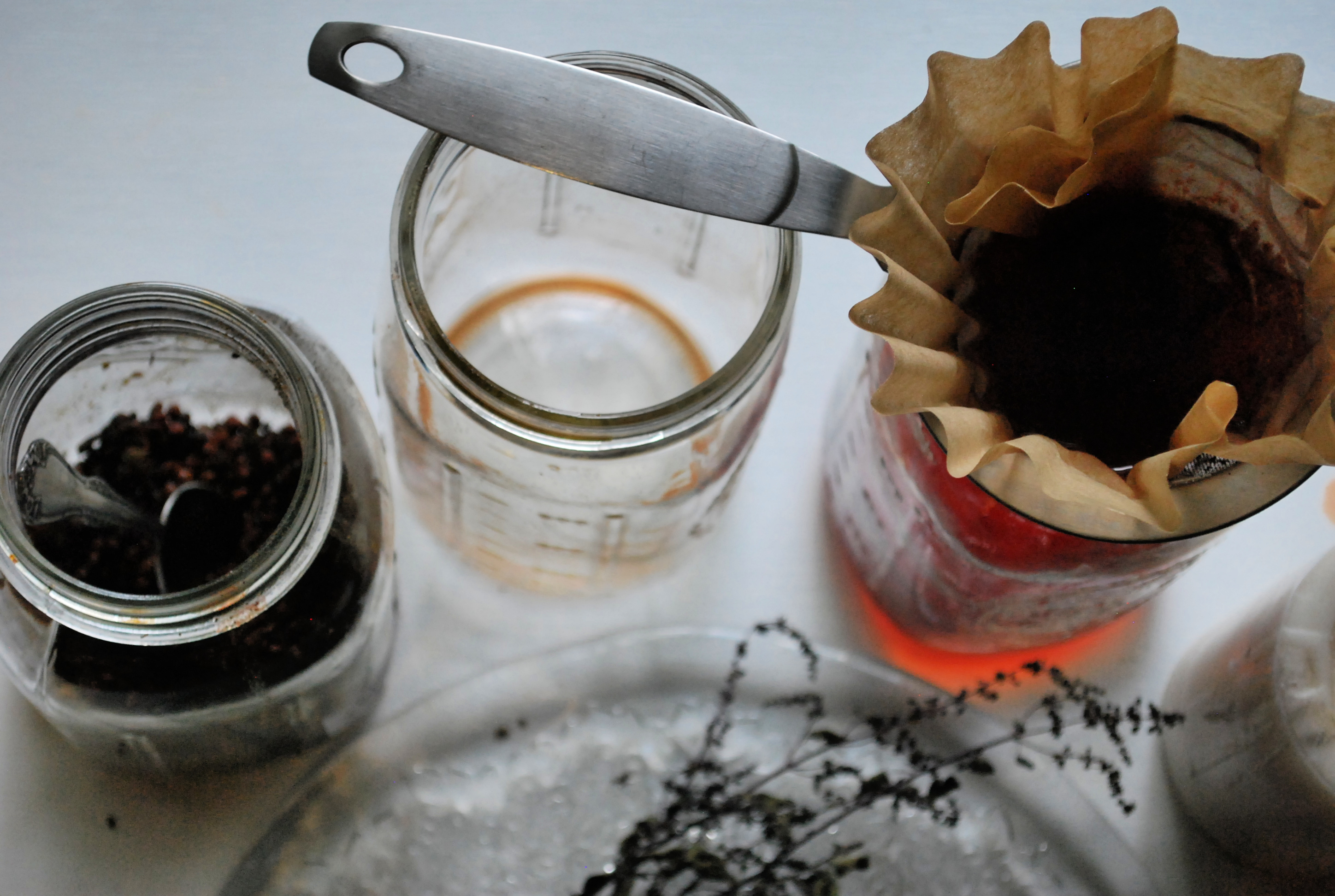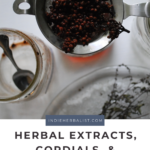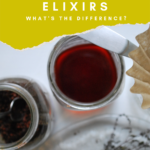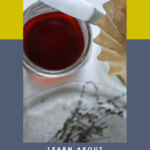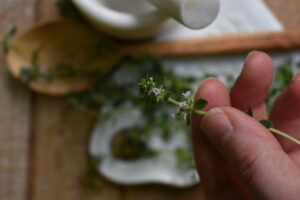Links contained in this post and elsewhere on my website may include affiliate links. When you make a purchase through these links, I earn a commission at no additional cost to you. I only link to products and services that I love - and that I think you will love, too!
There are several different types of herbal alcohol preparations, the most common of which are extracts, elixirs, and cordials. So what’s the difference? When working with herbs and alcohol, the key to remember is potency. Herbs work well as the main ingredient or as a flavoring. However, using smaller quantities for flavoring can mean fewer beneficial ingredients in the final product.
Herbs and Alcohol Extracts
The most concentrated form of herbal preparation with alcohol is an extract. Hydroethanolic extract is another name for these preparations. This is from hydro, meaning water, and ethanol, meaning alcohol. Usually, these extracts contain around 50% water and 50% alcohol. It varies slightly depending on the herb and the manufacturer. Some herbalists also call them tinctures, which derives from herbs’ recent historical status as ingredients found in apothecary pharmacies.
In the United States, extract is often the preferred term by modern herbalists and supplement manufacturers because herbs are now legally classified as dietary ingredients and not medicines. That’s why we use herbal extracts instead of tinctures here on Indie Herbalist.
The weight-to-volume ratio of herbs to alcohol determines the strength of the extract. Home herbalists generally use vodka or brandy for making extracts because it is relatively inexpensive and readily available. Maceration is the most common process for making extracts at home. It sounds technical, but it really isn’t.
The Herbal Academy has some excellent free articles on making herbal extracts. Find them here:
How to Make a Tincture (#affiliate)
Demystifying Weight to Volume Tinctures (#affiliate)
How to Dilute High Proof Alcohol to Use in Herbal Tinctures (#affiliate)
Other Herb and Alcohol Preparations
Herbs also infuse well into beer, wine, and mead. And don’t forget herbal ferments! Nettle beer, anyone? Find the recipe here! (#affiliate) However, ferments and infused alcohols are much less potent than herbal extracts.
Closer to the strength of alcohol extracts, you find two other herbal preparations: elixirs and cordials. Exact definitions of the two vary depending on who you ask, but here’s what I use.

Elixir
Elixirs are sweetened extracts. Concentrated and uncomplicated, elixirs are easy to make. They also are more palatable than an extract. Simply combine an herbal extract (or blend of extracts) with an equal amount of honey or glycerin. The herbal blend may be developed with taste in mind, or the sweetener (often honey or glycerin) is used to improve the taste.
This Rosemary Memory Elixir recipe (#affiliate) showcases another easy method. Dried herbs, brandy, and honey are combined in a jar. After mixing, the elixir is ready in six weeks. Both methods work equally well, so feel free to experiment with both.
Cordials
Cordials, on the other hand, are less concentrated. Designed more with pleasure in mind, the recipes still pack a lot of wonderful herbal goodness. Other types of alcohol make an appearance in cordials, too. Gin, rum, or any flavored liqueur can add more interesting flavor to the mix. Check out these 3 Conifer Cordials for Winter Wellness (#affiliate) for some great ideas.
For the Alcohol Free Home Herbalist
Want to avoid the use of alcohol when making herbal recipes? There are plenty of herbal preparations that don’t require alcohol! If you’re interested in herbs sans-alcohol, start by reading my article Alcohol Free Herbs for the Home Apothecary. You can also find lots of clever alcohol-free ways to incorporate herbs into your daily routine in my recipe book, The Complete Guide to Adaptogens.
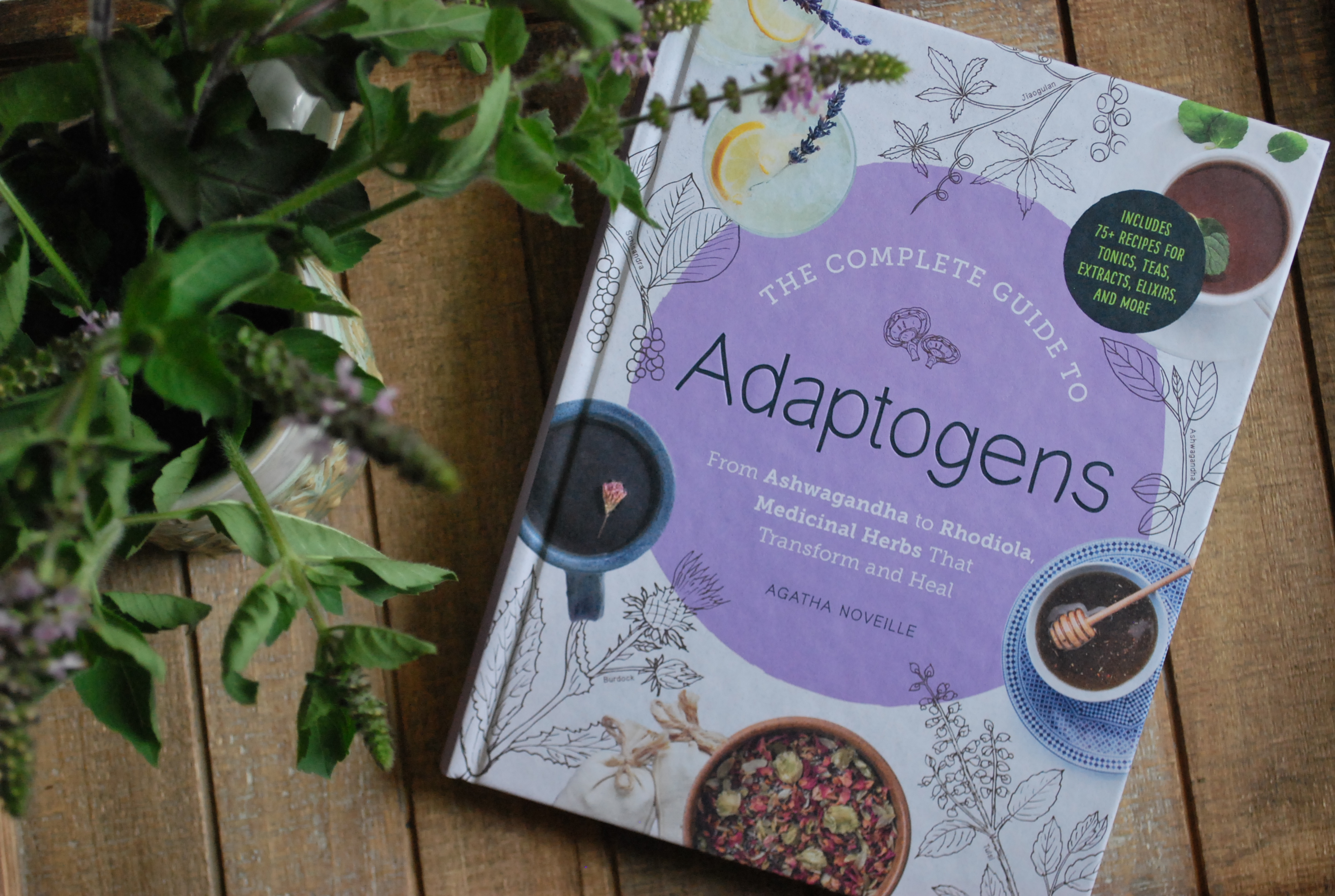
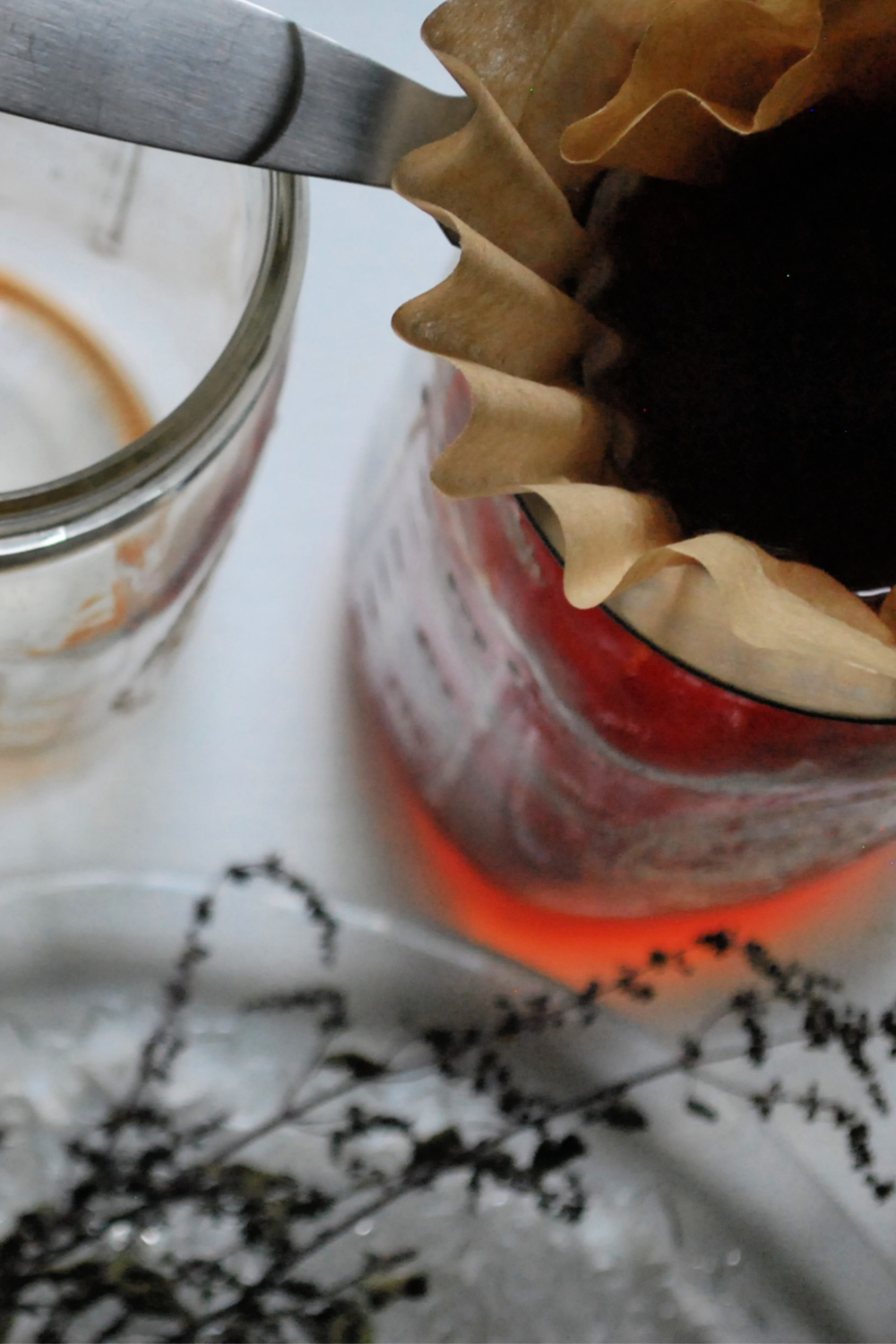
last updated March 7, 2022
